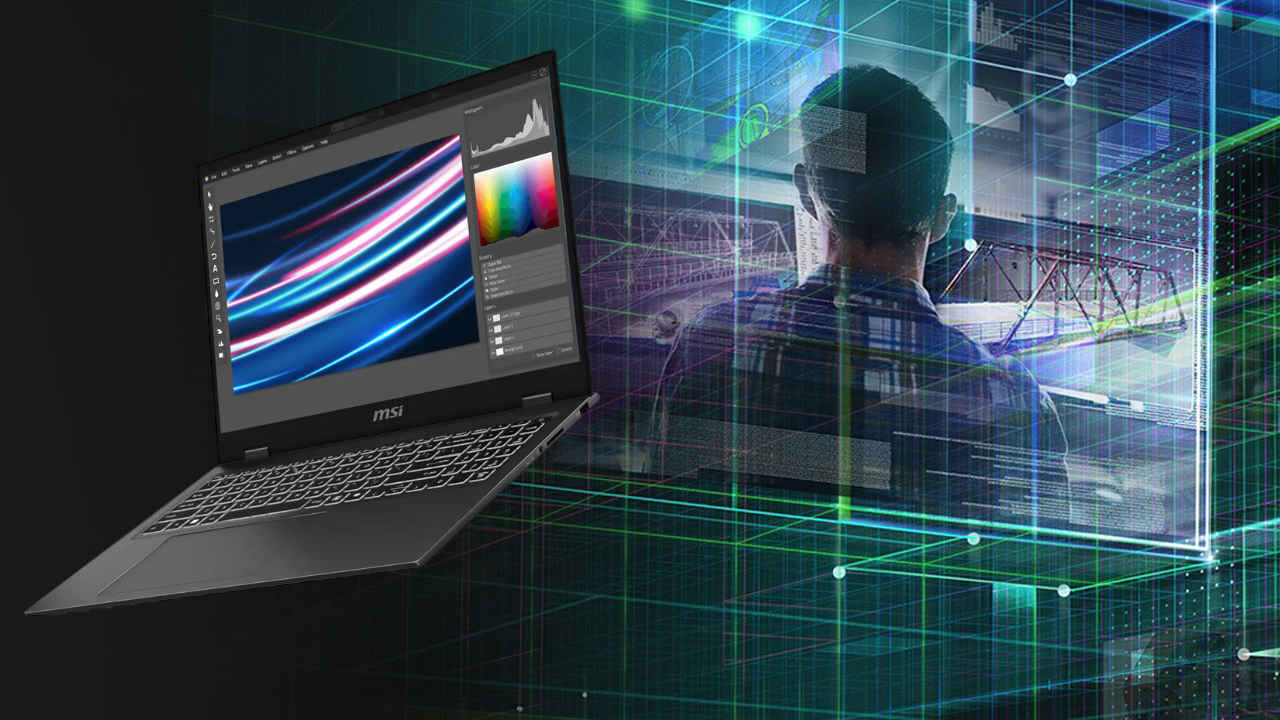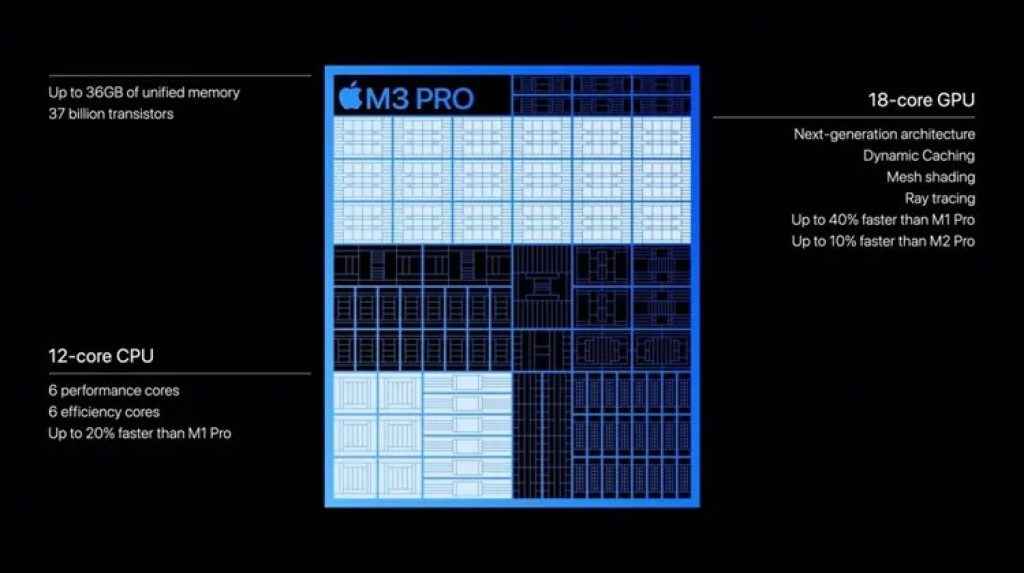AI Laptop Buying Guide 2024: Everything you should know

Artificial intelligence (AI) and machine learning (ML) are now mainstream and if you wish to participate in the transformation, you will need the right computer to power your endeavours. Manufacturers are responding to the trend by expanding the range of products to help meet the exploding demand for efficient and scalable AI computing power.
 Survey
SurveyWe have created this AI laptop buying guide for 2024 to help you with the basics and choose the right hardware that will positively impact your workflow and productivity. From deciphering between AI-powered laptops and desktops to evaluating crucial components like processors, graphics processing units (GPUs), and memory, we’ll talk about all the essentials of choosing a computer to serve your specific AI and ML needs.
How to Choose a Computer for AI and Machine Learning Work?
To start with, you will need to decide if you need a laptop or PC for AI and ML work.
Desktops can handle more demanding workloads. They have room to house powerful components and cooling systems to dissipate the heat generated. So, if you require robust server-grade processing capabilities, opting for a desktop is essential. Nonetheless, for basic AI workloads, creator laptops provide ample power combined with portability.
What specific hardware configuration you need will depend on the specific AI/ML model you wish to run on your laptop.
Also Check: Best AI Tools you must try – Chatbox, presentation makers, Image generators and more
Do I need a powerful computer for AI?
For Artificial Intelligence workloads on computers, GPU acceleration plays the dominant role in performance. The CPU still can’t be overlooked as it will manage the overall computational workload. Even the most powerful GPUs need a powerful CPU to help run them. The processor and motherboard on your PC should be able to support the required graphics cards.
For instance, if you need to engage with demanding AI/ML applications, your processor and motherboard should be able to support the needed PCI-Express lanes for multiple GPUs. If you have to run light consumer-facing AI applications, then processors with dedicated NPUs (more on this later) can help with better battery efficiency.
So yes, computers for running artificial intelligence and machine learning applications are generally more powerful than conventional consumer PCs.
Which processor is best for AI? How many cores do I need?

As mentioned earlier, AI and ML applications usually require GPU-accelerated workloads but they still need a processor to speed up tasks like retrieving requested data or storing generated data. At the very least, an AI system will still require an AMD Ryzen processor with at least 8 performance cores or an Intel Core Ultra processor with at least 14 cores. For professional-grade AI PCs, you can opt for up to 24 core or higher processors depending on the non-GPU workload that you anticipate.
Leading OEMs have introduced processors with dedicated NPUs or Neural Processing Units for handling light AI workloads which are great options for running consumer-facing AI applications. These include AMD processors with Ryzen AI and Intel Core Ultra processors. Apple’s M-series chips have had neural engines for several generations and the M3 series chips include up to 16-core Neural Engine to accelerate AI workloads. The processors with dedicated NPUs can help with better battery efficiency when running AI-related workloads.
For specific AI or ML applications that are CPU-centric or require a high-performance CPU, you can go for high-end processors designed for professional workstations, like the AMD Threadripper Pro series. These processors are extremely reliable and can support multiple high-performance video cards.
Some of the recommended processors for powerful AI-based consumer laptops include:
- Intel® Core™ Ultra 9 processor 185H
- Intel® Core™ Ultra 7 processor 155H
- Intel® Core™ Ultra 5 processor 125H
- AMD Ryzen™ 9 7940HS
- AMD Ryzen™ 7 7840HS
- AMD Ryzen™ 5 7640HS
- Apple M3, M3 Pro, and M3 Max
- Apple M2, M2 Pro, and M2 Max
Which GPU is best for AI laptops?

Nvidia has had a massive impact in shaping AI/ ML computing over the last decade. Its CUDA-based libraries and frameworks have helped programmers leverage GPU acceleration, thus creating a powerful and easy-to-use platform for AI and ML. While AMD offers tools like ROCm for AI and high-performance computing, these tools and also its graphics cards are less widely used.
All of the current-gen Nvidia GeForce RTX GPUs can run artificial intelligence and machine learning workloads. The latest and higher-end options will deliver better performance. We’d recommend a minimum of Nvidia GeForce RTX 4070 with 8GB VRAM for your AI system.
Of course, for high-performance computing environments, there are expensive Nvidia A100 GPUs, but these are typically not sold directly to consumers and are not very relevant for this AI laptop buying guide.
How much RAM do you need for AI laptops?
While CPUs and GPUs will take up a larger portion of your budget, neglecting RAM can impact performance and efficiency. Having ample RAM can help with smoother operations, particularly when AI applications need to handle large datasets. On the other hand, projects reliant on simulations rather than vast datasets will require relatively less RAM.
All said and done, your PC with AI capabilities should have at least 16 GB of RAM.
How much Storage do you need for AI-powered laptops?
If you are looking for a laptop to run pre-trained AI applications or light workloads like facial recognition or light photo editing with AI assistance, then 512 GB of SSD storage should be sufficient.
For more demanding applications or working with large data sets, you can opt for options with up to 2 TB storage or laptops that allow you to expand storage and use fast external storage.
What are the connectivity options needed in an AI laptop?
A robust set of connectivity options can help AI PCs to function at their best. Wi-Fi 6 as well as RJ45 gigabit ethernet port can be essential for fast and reliable internet connectivity. You’d need an HDMI port to ensure connectivity with most external displays. We’d also recommend at least two USB Type-C Thunderbolt ports and two USB Type-A ports to ensure seamless connectivity with external devices.
Which PC or laptop is best for artificial intelligence?
Your ideal choice will vary based on your specific requirements. Consider the points we’ve covered to make an informed decision. To streamline your search, we’ve compiled a list of the top AI laptops available in India. You can check the best available options here.
What is the best laptop for AI art?
As discussed in this AI laptop buying guide, when selecting an AI-powered laptop for art, you should look for a powerful processor like the AMD Ryzen 7000 APUs or Intel Core Ultra series, along with at least 16GB RAM and 512GB SSD storage. Opt for a laptop with a capable discrete or integrated GPU to handle graphics tasks effectively. While a colour-accurate display is preferred, there is always the option to connect to a colour-calibrated external monitor. Here is our list of the best AI laptops for art that you can pick from.
What are the best affordable AI laptops that you can buy?
As of today, the availability of affordable AI-powered laptops in India remains somewhat limited. However, the market is evolving, and we anticipate an expansion of options as the year progresses. There are still quite a few decent choices currently available. Here are some of the best affordable AI-powered laptops under Rs. 1 Lakh that you can pick from.
Deepak Singh
Deepak is Editor at Digit. He is passionate about technology and has been keeping an eye on emerging technology trends for nearly a decade. When he is not working, he likes to read and to spend quality time with his family. View Full Profile